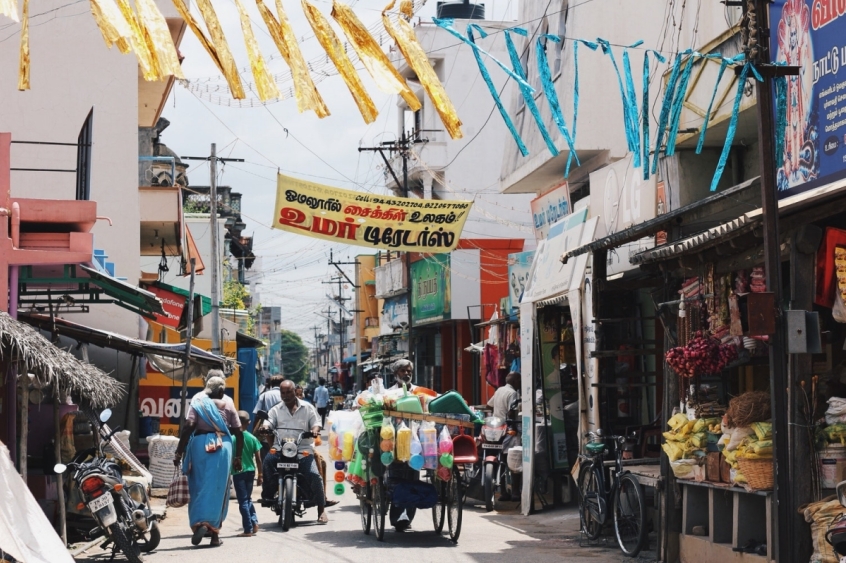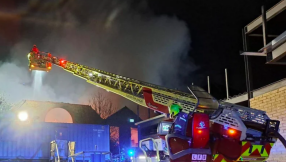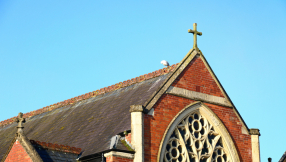
The Archbishop of Canterbury has spoken of the need to ensure that minority groups in India are respected as he embarks on a 10-day pilgrimage to the country.
The Most Rev Justin Welby arrived in India on Saturday where he was welcomed by the Moderator of the Church of South India. During his visit, he will also be meeting with representatives of the Church of North India.
Announcing his arrival on Twitter, the Archbishop said he was looking forward to praying with local Christians, as well as "learning about the joys and challenges" of the country's churches.
The challenges were a concern that he expanded on in a column for The Times coinciding with the start of his visit in which he said that India's Christians in particular were experiencing "difficulties".
In the article, he also spoke of the way in which social media could be misused to harm community relations.
"I may be told of the difficulties some religious groups, especially Christians, are experiencing in India today. We see across the world the challenges of living together well in our differences," he said.
"Misrepresentation and scurrilous rumour can so easily spread through social media, inflaming community feelings. Too often the innocent bear the brunt in hate crimes and violence."
He continued: "At times like these, leadership that reaffirms the value of all minority communities becomes ever more important. I am encouraged to see such a commitment enshrined in Article 25 of the Indian constitution.
"My hope is that all nations are empowered to give practical application to these universal principles in specific, local contexts."
Elsewhere, the Archbishop said he wanted to listen to the experience of Christians in India and learn from them.
"I am going to India to learn, pray with my fellow Christians, and to listen to their challenges," he said.
The Archbishop will be visiting a number of important sites, including the cathedral at Medak, in Telangana, one of the largest churches in India.
He will also visit the site of the Amritsar massacre, also known as the Jallianwala Bagh massacre, in which over 400 unarmed civilians, including dozens of children, were killed when British troops opened fire a hundred years ago this year.
The Archbishop said it was a 'terrible massacre" that "did so much to vitiate Anglo-Indian relations".
"Of course there is always a political and historical context. Britain's long involvement in India has left a vast legacy of traditions and links, some vital and valuable, some that are a source of sorrow and shame," he said.
While in Amritsar, he will also visit the Golden Temple, or Harmandir Sahib, an important place of pilgrimage for the world's Sikhs.
Reflecting on interfaith relations, the Archbishop said that "spiritual respect" for each other's traditions and teachings was "something that must underpin our efforts to live in a loving, harmonious multi-faith society".
"Local Indian Christians have much to teach me about reaching out to other faiths," he said.
"This is something vital for the Church in Britain. Our political leaders have the responsibility to speak out on universal principles, such as the rule of law. However, religious leaders like me have an obligation to develop friendships across our traditions.
"If, as a Christian, I am serious about the common good, then I must speak for, and on behalf of, all religious minorities here in Britain, including Hindus, Muslims and Sikhs."













